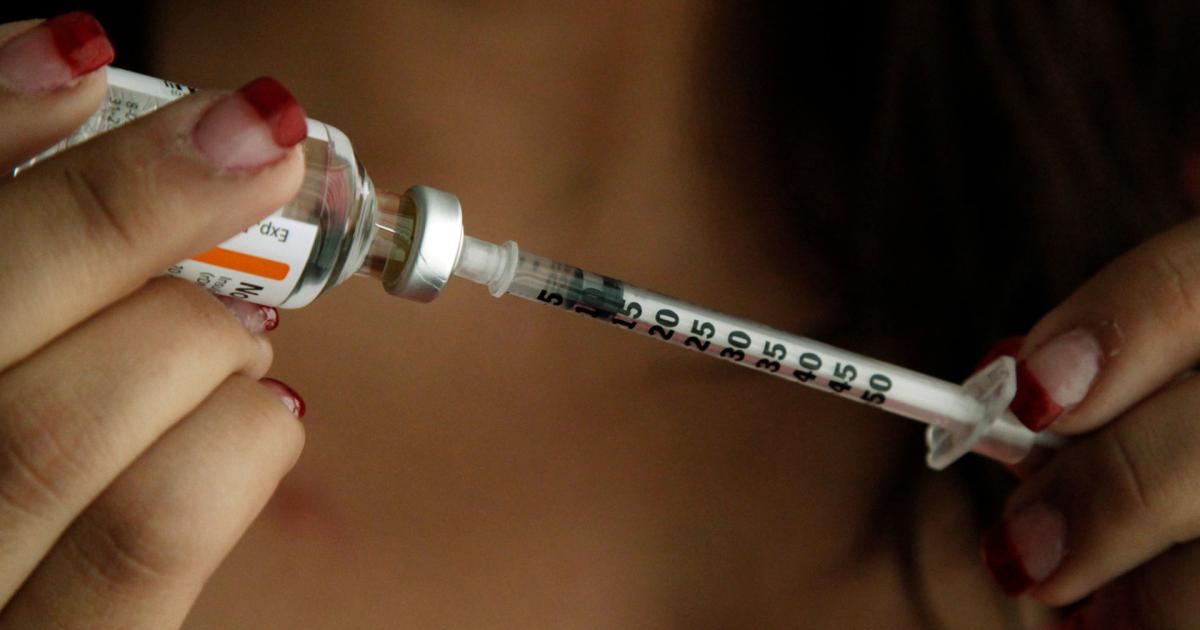US Congress Falls Short in Plan to Cut Insulin Costs – Human Rights Watch

United States Senate Majority Leader Chuck Schumer this week announced a vote on a bill that would cap out-of-pocket insulin costs for people with health insurance. While this bill could help millions of underinsured people in the US who struggle with high insulin costs, Congress should also protect those without health insurance.
The Affordable Insulin Now Act, introduced last week by Senator Reverend Warnock of Georgia, would cap copayments on covered insulin products at $35 per month. The bill provides key protections for patients on public and private health plans but does not address the uninsured.
More than one-third of US households do not have enough in savings to cover an unexpected $400 expense. Yet the most commonly prescribed forms of insulin can cost a person without adequate health insurance coverage more than $300 for a single vial.
Uninsured people in the US are disproportionately from Black, Indigenous, and other communities of color. For those who do not qualify for Medicaid, high insulin prices can be devastating, forcing them to make impossible choices between covering different basic needs. Even with health insurance, particularly high-deductible health plans, people can face exorbitant copayments and fees that make their medicine unaffordable.
A forthcoming Human Rights Watch report documents this insulin affordability crisis. Many people spoke with me about physically damaging and potentially lethal medicine rationing because of out-of-pocket costs, showing that the high price of insulin in the US is not just paid in dollars, but with health, lives, and livelihoods.
Under international human rights law, everyone is entitled to the enjoyment of the highest attainable standard of health, including the right to health care without discrimination, regardless of income. The US government needs to address the ongoing affordability crisis by passing key reforms like the Build Back Better Act, that would ensure affordable access to essential medicines by lowering drug prices and expanding publicly funded health insurance systems.
The proposed insulin bill is a positive step, but falls short of addressing root problems in the country’s healthcare system and, for many, does not prevent an all-too-common dilemma summarized by one insulin-dependent person who I recently interviewed: “You either afford it or you die.”




